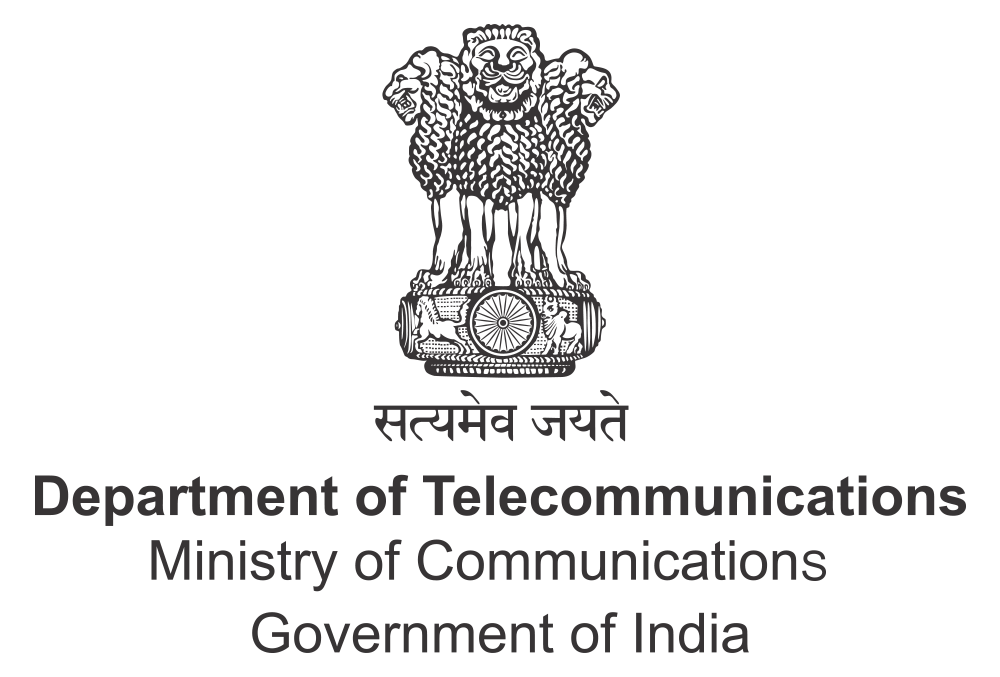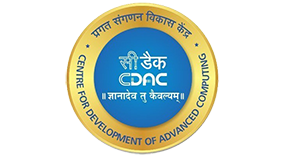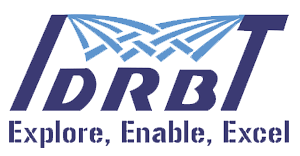Major players in the blockchain services market are IBM Corporation, Amazon.com, Microsoft Corporation, Oracle Corporation, SAP, Stratis, Baidu, Inc., Huawei Technologies Co. Ltd., Accenture, and Deloitte.
The global blockchain services market is expected to grow from $1.06 billion in 2020 to $1.62 billion in 2021 at a compound annual growth rate (CAGR) of 52.8%. The growth is mainly due to the companies resuming their operations and adapting to the new normal while recovering from the COVID-19 impact, which had earlier led to restrictive containment measures involving social distancing, remote working, and the closure of commercial activities that resulted in operational challenges. The market is expected to reach $10.45 billion in 2025 at a CAGR of 59%.
The blockchain services market consists of sales of blockchain services and related products. For companies engaged in building blockchain applications blockchain-as-a-service acts as a third-party service that creates and manages cloud-based networks which is a growing field for blockchain technology. The revenue generated by the blockchain services market is through sales of blockchain services by platform vendors and service providers for the application of identity management, payments, smart contracts, supply chain management, and others.
There is a growing significance of blockchain services with increased investments in blockchain technology from both government and private entities like banks and financial institutions. Blockchain technology gives rise to new business models in various areas such as cross-border payments, remittances, exchanges, internet banking, trade finance, Know Your Customers (KYC), and risk and compliance with decentralized applications of this technology.
In 2019, the South Korean government allotted a budget of KRW 1 trillion for blockchain development among the KRW 5 trillion budget for economic development through innovation. Among the total cryptocurrency trading worldwide, 30% were from South Korea.
The increased use of blockchain technology in organizations will require services to manage the networks and infrastructure, which will increase the demand for blockchain services and boost the market growth.
Quantum computing is gaining popularity in the blockchain space that will help overcome the problems faced in providing blockchain services. Quantum computing is a process that uses quantum-mechanical phenomena like superposition and quantum entanglement for computing.
Quantum computing utilizes qubits that help in the storage and processing of a large amount of data exponentially fast with less energy consumption, unlike conventional computers that use bits for the same process. In 2019, Google announced that its quantum computer performed a calculation in 200 seconds which had a 53-qubit Sycamore processor.
The same would take 10,000 years for the world’s fastest supercomputer, Summit, a supercomputer by IBM. The use of quantum computing will help resolve issues related to scalability and higher energy consumption by blockchain technology.
The blockchain services market covered in this report is segmented by component into tools, services. It is also segmented by end-use into BFSI, IT & telecom, healthcare, retail, manufacturing, logistics, government, media & entertainment, energy and utilities, others and by application into payments, smart contracts, supply chain management, governance, risk, and compliance management, identity management, others.
The inefficiency of scalability in blockchain technology impedes the blockchain services market as it obstructs the processes involved. There is a partial dependence of the blockchain network’s health over the number of nodes in the network and the spread of those nodes across the world.
The bigger the blocks, the increase in the size of the blockchain is even faster which removes out the solo miners, and that eventually results in more pile-up of transactions. For instance, bitcoin scalability is an issue that resulted from the limited rate of processing of transactions that relates to an increase in the number of transactions and the limited size of blocks.
In 2019, the blockchain size has grown to 242.386 GB from 184.622 GB in 2018. In 2018, in a week there were 165,000 unconfirmed transactions resulting in scaling issues due to the huge number of transactions. Similarly, scalability issues have congested the Ethereum network by Cryptokitties app due to a six-fold increase in transactions with Cryptokitties release and resulted in the pile-up of all unprocessed transactions. Thus, an increase in the number of transactions results in scalability issues, which hampers the growth of the blockchain services market.
In March 2020, Genesis Group, a cloud-based information technology services provider, announced plans to acquire Blockchain Consulting GmbH (BC) for an undisclosed amount. This acquisition will help Genesis Group to utilize BC’s resources in crypto mining.
BC provides services such as blockchain software development, strategic consulting, and crypto market analysis.











